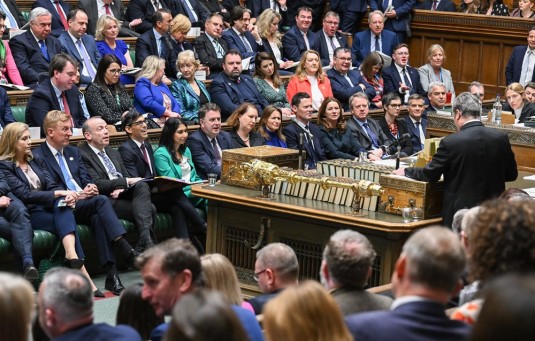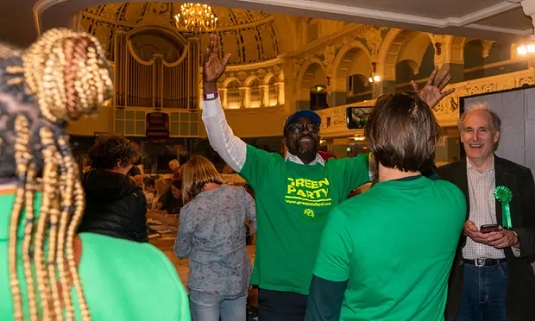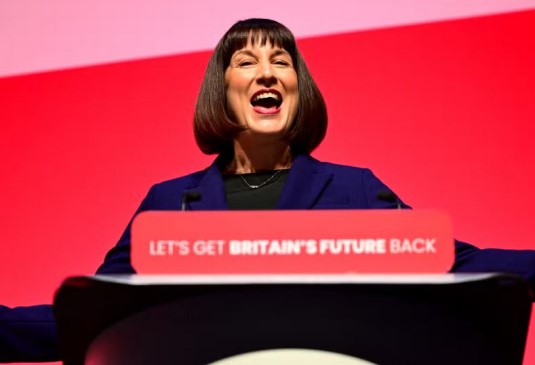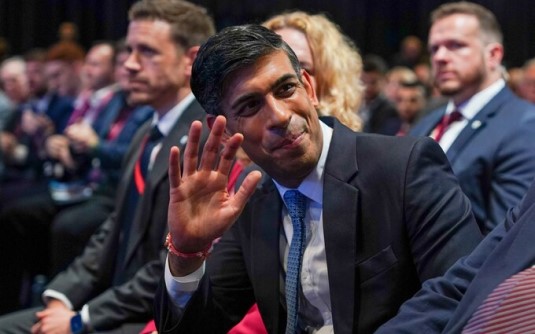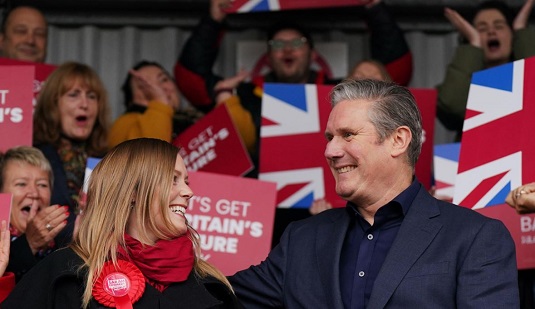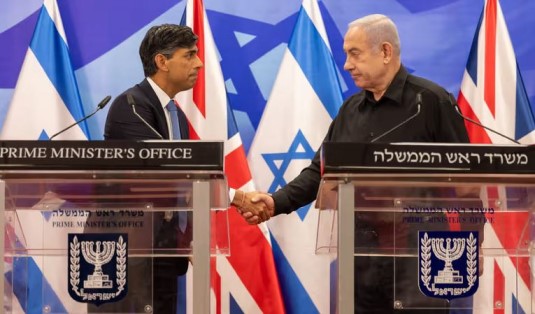
I am a complete wuss when it comes to horror. Novels, fine. I can handle them. Films, not so much. And video games? You can forget anything modern with their jump scares, creeping tension, gore, and all the rest of it. But things weren't always this way. Some time ago, and I mean a long time ago, in the halcyon days of the 8 and 16-bit era of video games horror was far from horrifying. Unless said title was spectacularly bad. Thankfully, that cannot be said of this Hallowe'en's pick: an entertaining romp that got welcome reviews at the time and now frequently features in the sundry best of lists that clutter up YouTube. Are you ready for the Master System's Master of Darkness?
You are Ferdinand Social, an Ouija board-using psychologist in late Victorian England who has turned to paranormal means for investigating and ending the reign of murderous terror visited on London by Jack the Ripper. And so begins an excuse to travel through five levels of platforming action to stop the murders, uncover the dark masterminds behind them and put pay to the resurrection of an ancient evil. Just the tonic for this time of year.
In gameplay terms, Master is not the most original platformer to have graced the humble Sega but it is certainly among the best. With the Castlevania franchise unavailable in 1992 for either the Master System or Mega Drive (where an instalment eventually landed a couple of years later), there are some "similarities" between the two titles. The destructible hidden blocks revealing energy boosts. Secondary weapons for more powerful enemies. The replacement of lanterns by floating faces with identical functions: the dropping of weapons and other goodies. An identical system of displaying the player character and bosses' energy bars. The bosses being quite redolent of Konami's celebrated franchise. And the fact the big bad you're up against is Dracula. It's all a bit de ja vu.
Except to say Master is more slickly presented than the NES Castlevania games. Rare among Master System games, the floaty controls, sprite flicker, awful music and the overall cheap feel is thankfully absent. Every level is prefaced by a strong narrative linking the plot together. Provided you take every step carefully and not come at it like a bull at a gate, the minions of darkness shouldn't prove much of a problem. Except for the dogs. And the bats. Both are supremely irritating to take out. And because we have respawning enemies, which is rare in a Sega game, that means those bats you previously offed after a painful energy draining encounter will come back for seconds if you have to backtrack. And you do a lot in the final maze level. Boss fights are fairly easy affairs. You can try and learn the attack patterns, but here if you are in a hurry you can slug it out and see if you can wear down the enemy's energy bar faster than your own. Recommended.
In all, there's little to fault in this game. It's a rarity in that some proper effort was put into a late period Master System game and out came a polished and accomplished product. The horror element is a touch twee as to be expected from the hardware limitations but the developers did a good job weaving it into something integral and compelling for the whole experience. And all without jump scares too. Whether Master of Darkness is worth playing today depends on one's taste in vintage gaming. Though well thought of it's not exactly famous, which is a shame. If you fancy a relatively undemanding platformer that's actually good, and you want to see what the SMS has to offer there are few games better.


